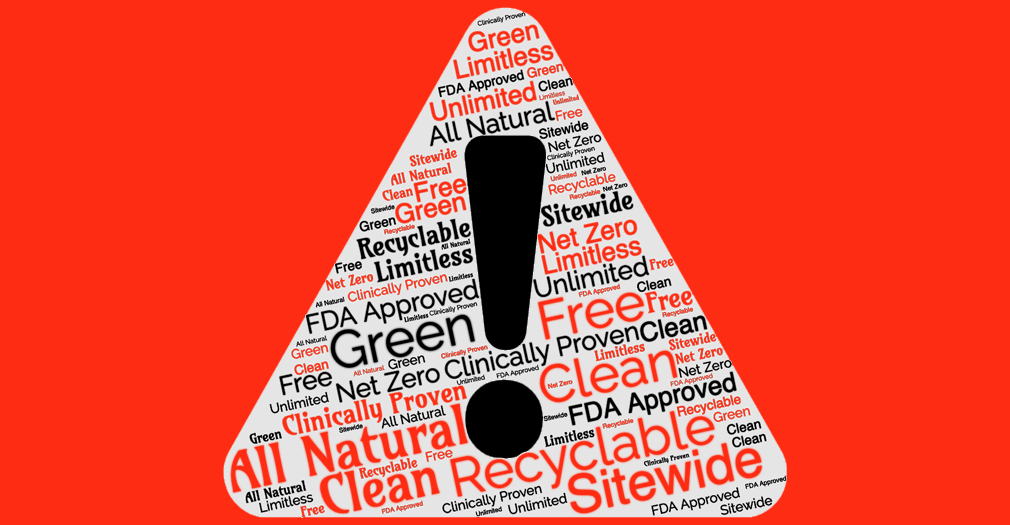
Best Reader Tips of 2025
Consumer complaints worth remembering.
These definitions are a joke.
In honor of April Fools’ Day, we’ve compiled a list of common marketing terms that seem to mean one thing to consumers and an entirely different thing to some companies. Hopefully this list helps prevent you from becoming the victim of a marketing prank. We start with two ingredient claims.
All Natural: may contain color additives, “modified” starches and high-fructose corn syrup, among other ingredients that may not meet your definition of “all natural.”
Clean: may contain potentially harmful ingredients.
Clinically Proven: not only might the company have paid for the study, the study may not have proven that the product performs as advertised.
FDA Approved: even though the FDA hasn’t reviewed our product for safety and effectiveness, we’re going to claim it’s FDA approved anyway.
Free: $1,397, $62.99 to $106.99, $520.75.
Green: we emit carbon dioxide during our manufacturing process.
Limitless: however you want to interpret it so long as it’s not the same as unlimited because it’s definitely not that.
Net Zero: we threw a lot of money at this highly publicized climate pledge but didn’t make any meaningful changes to our supply chain practices.
Recyclable: probably not what most consumers think this term means, which is that it will get recycled most of the time.
Sitewide: the sale is sitewide except for all the items that are excluded.
Unlimited: not limited or restricted unless you exceed data usage limits or want to get a beverage refill more than once every two hours.
Find more of our coverage on misleading marketing terms here.
Consumer complaints worth remembering.
If you’ve been misled by an ad, regulators want to hear from you. We do too.
Consumer complaints worth remembering.


